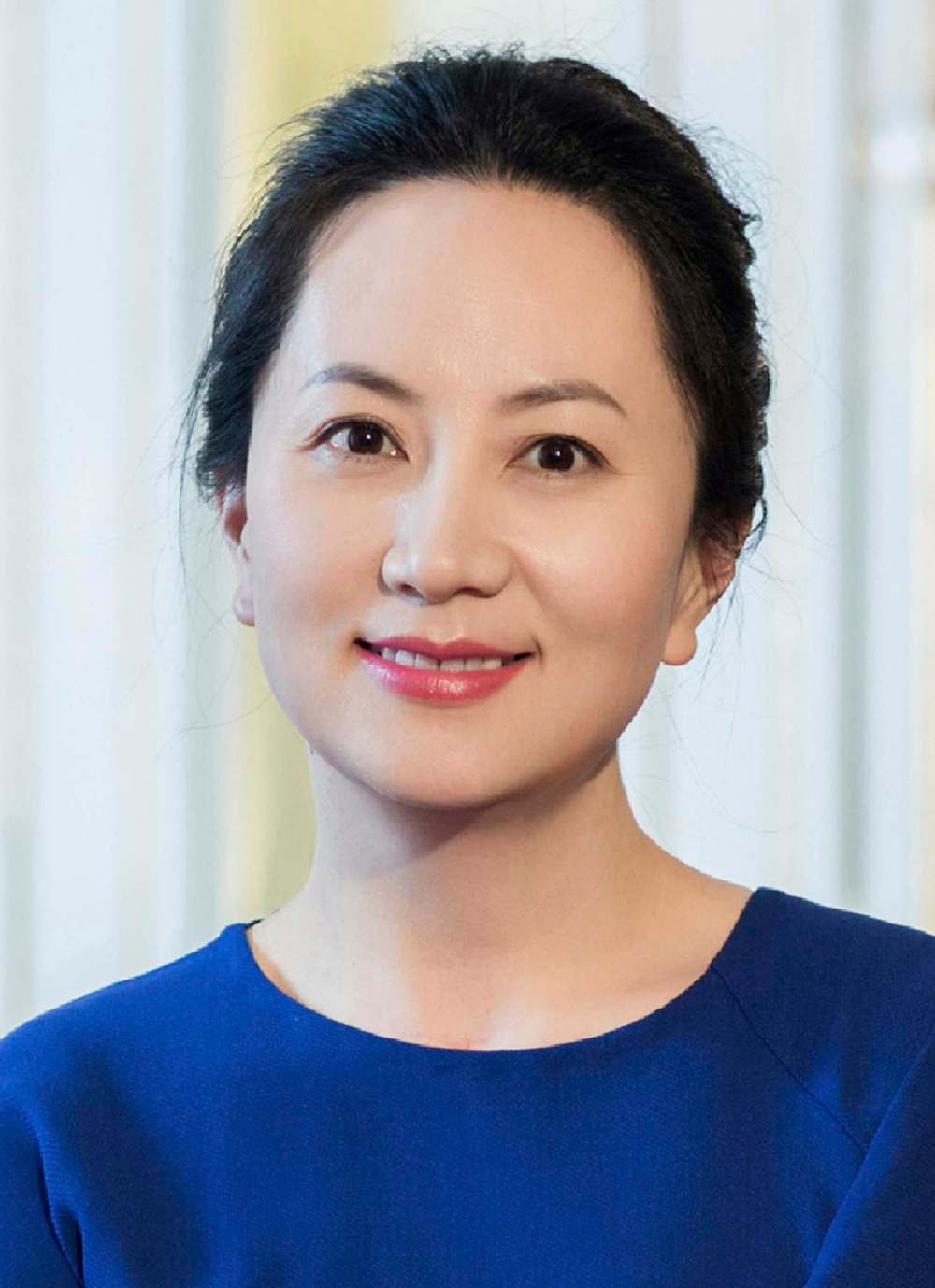CSIS warned Canadian universities of security risks when working with Huawei
Advertisement
Read this article for free:
or
Already have an account? Log in here »
To continue reading, please subscribe:
Monthly Digital Subscription
$1 per week for 24 weeks*
- Enjoy unlimited reading on winnipegfreepress.com
- Read the E-Edition, our digital replica newspaper
- Access News Break, our award-winning app
- Play interactive puzzles
*Billed as $4 plus GST every four weeks. Offer only available to new and qualified returning subscribers. Cancel any time.
Read unlimited articles for free today:
or
Already have an account? Log in here »
Hey there, time traveller!
This article was published 10/12/2018 (2276 days ago), so information in it may no longer be current.
Huawei Technologies Co., the Chinese telecom firm in a tense stand-off with U.S. law makers – with Canada caught in the middle – is not currently funding any research at the University of Manitoba. However, it does have one small funding application pending.
The Globe and Mail reported recently Canadian Security Intelligence Service (CSIS) officials met this fall with vice-presidents of research from the U15 Group of Canadian Research Universities cautioning them about potential security issues that might arise from Huawei-funded research.
The meeting was held couple of months before the Dec. 1 arrest in Vancouver of Huawei’s chief financial officer and daughter of the company founder, Meng Wanzhou, who had her bail hearing Monday.

Her arrest was related to allegations a former Huawei unit committed fraud involving violations of United States sanctions in Iran.
Huawei makes smartphone handsets and wireless network infrastructure equipment. Its technology is banned in the U.S., Australia and New Zealand out of concern it could be used for spying by the Chinese government.
However, there have been no such sanctions in Canada, where Huawei products are available and where the company has funded extensive research projects. The Globe has reported Huawei has committed about $50-million worth of research funding in Canadian universities.
While there is no Huawei-funded research currently ongoing at the U of M, Digvir Jayas, the Winnipeg school’s vice-president research and international, said Monday there is an application pending: a $77,700 project to study self-supervised learning of object detection from videos, by U of M computer science Prof. Yang Wang.
Jayas, who was at the CSIS meeting in October, said university research vice-presidents meet with government departments on a regular basis.
“We usually operate under Chatham House rules, where we allow them to be frank with us and we don’t attribute who says what,” Jayas said. “A lot of the time our discussions are around… where science needs to go and where research is going.”
He said if the federal government gave a directive restricting universities from accepting research funding from any entity, the university would certainly abide by it.

“But there are no directives from the federal government, and so we continue to work with any organizations that are legitimately operating in Canada,” Jayas said.
He said when the university signs research agreements, the U of M would always retain ownership of any intellectual property that would result out of the research, only allowing the funding entity the first right of refusal to license whatever the technology in question is.
“We would never sign an agreement with any company which would prohibit our researchers from publishing,” said Jayas. “We would reserve the right to publish, and if students were involved, they would have the right to include it in their thesis and defend their thesis.”
martin.cash@freepress.mb.ca

Martin Cash
Reporter
Martin Cash has been writing a column and business news at the Free Press since 1989. Over those years he’s written through a number of business cycles and the rise and fall (and rise) in fortunes of many local businesses.
Our newsroom depends on a growing audience of readers to power our journalism. If you are not a paid reader, please consider becoming a subscriber.
Our newsroom depends on its audience of readers to power our journalism. Thank you for your support.




